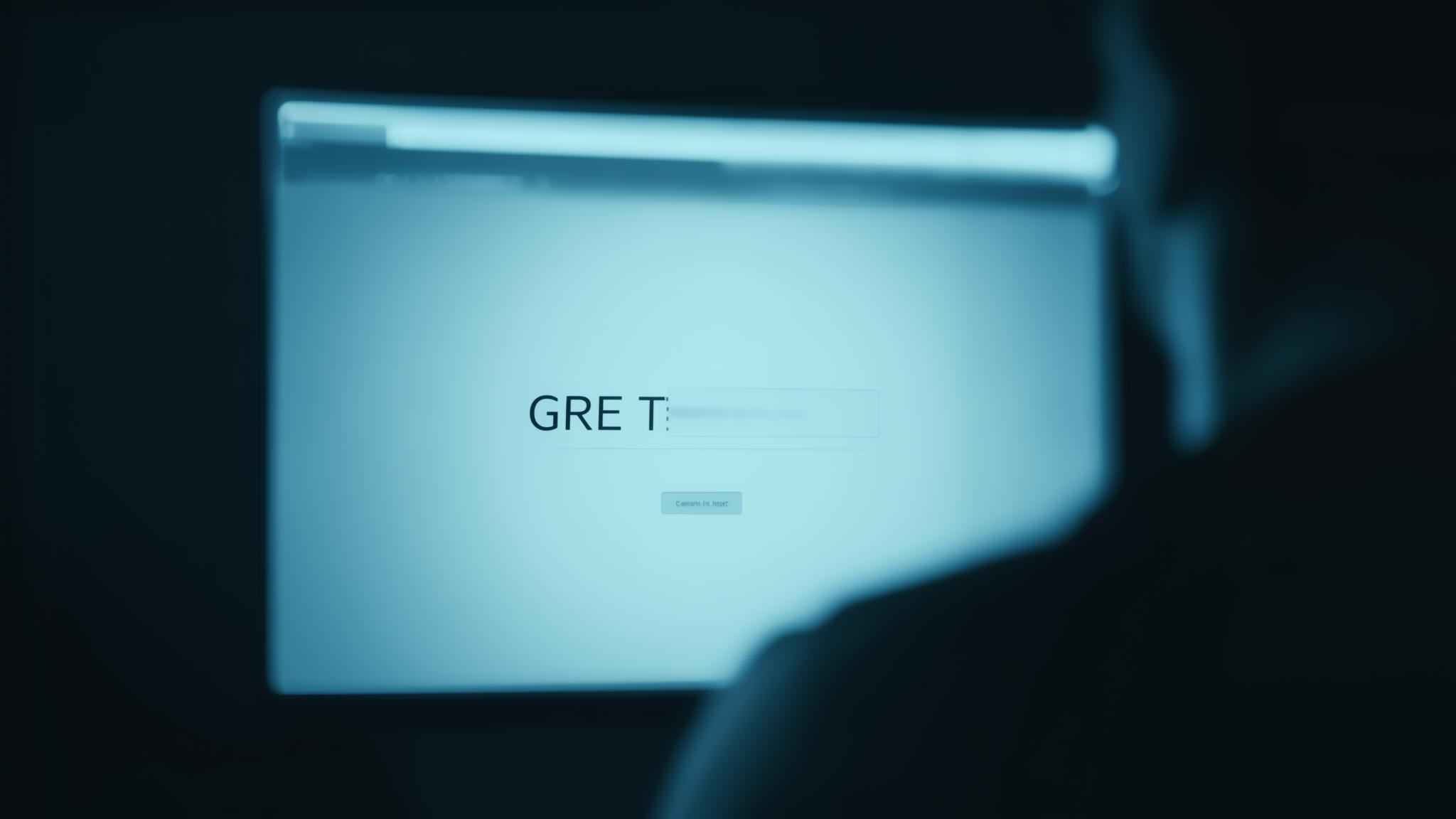-
Table of Contents
- The Hidden Dangers: Why Hiring a GRE Test-Taker is a Gamble You Can’t Afford
- Understanding the Stakes: Why the GRE Matters
- The Temptation of a Shortcut
- The Tangible Risks: What You Stand to Lose
- Academic Repercussions: A Tarnished Record
- Professional Damage: A Ruined Reputation
- Legal Ramifications: Facing the Law
Okay, here’s a comprehensive, SEO-focused article on the risks and consequences of hiring someone to take the GRE for you, formatted for a WordPress editor, and designed to be informative and engaging.
“`html
The Hidden Dangers: Why Hiring a GRE Test-Taker is a Gamble You Can’t Afford

The Graduate Record Examinations (GRE) is a crucial stepping stone for aspiring graduate students. A strong GRE score can open doors to prestigious programs and scholarships, shaping future career trajectories. The pressure to perform well can be immense, leading some individuals to consider unethical shortcuts, such as hiring someone else to take the test. While the allure of a guaranteed high score might seem tempting, the risks and consequences associated with this action are severe and far-reaching. This article delves into the multifaceted dangers of engaging in such fraudulent behavior, exploring the potential repercussions for your academic career, professional reputation, and future prospects.
Understanding the Stakes: Why the GRE Matters
Before examining the risks, it’s essential to understand why the GRE holds such significance. Graduate programs use the GRE as a standardized measure to assess applicants’ readiness for rigorous academic work. It evaluates verbal reasoning, quantitative reasoning, and analytical writing skills – abilities deemed critical for success in graduate-level studies. A good GRE score can compensate for a less-than-stellar undergraduate GPA or strengthen an application from a candidate with limited research experience. Furthermore, many universities offer merit-based scholarships based on GRE scores, making a high score financially advantageous.
The Temptation of a Shortcut
The pressure to achieve a high GRE score can be overwhelming. Students may face pressure from family, personal expectations, or the competitive nature of graduate school admissions. This pressure can lead some to explore unethical options, including hiring a “GRE test expert” to take the exam on their behalf. These individuals or organizations often promise guaranteed scores, creating a false sense of security and offering a seemingly easy solution to a complex challenge.
The Tangible Risks: What You Stand to Lose
Engaging in GRE test fraud carries significant risks that can have devastating consequences. These risks extend beyond simply failing to get into your desired program; they can impact your entire academic and professional life.
Academic Repercussions: A Tarnished Record
The most immediate risk is detection by the Educational Testing Service (ETS), the organization that administers the GRE. ETS employs sophisticated security measures to detect fraudulent activity, including:
- Biometric Identification: ETS uses fingerprint scanning and other biometric data to verify test-taker identity.
- Video Surveillance: Test centers are equipped with video cameras that monitor test-taker behavior.
- Data Forensics: ETS analyzes test scores and response patterns to identify anomalies that may indicate cheating.
- ID Verification: Strict ID verification processes are in place to ensure the person taking the test is who they claim to be.
If ETS suspects fraudulent activity, they will conduct a thorough investigation. If they determine that you hired someone to take the test for you, the consequences can be severe:
- Score Cancellation: Your GRE scores will be canceled, rendering them useless for your graduate school applications.
- Test Ban: You may be banned from taking the GRE in the future, effectively preventing you from applying to graduate programs that require the exam.
- Notification to Universities: ETS will notify all universities to which you sent your scores about the fraudulent activity. This can jeopardize your chances of admission, even if you have already been accepted.
Consider this hypothetical scenario: Sarah, a bright and ambitious student, felt overwhelmed by the GRE. She hired someone to take the test for her, believing it was a foolproof plan. However, ETS detected anomalies in her test score and launched an investigation. Sarah’s scores were canceled, she was banned from taking the GRE again, and the universities she had applied to were notified. Her dream of attending a top-tier graduate program was shattered.
Professional Damage: A Ruined Reputation
The consequences of GRE test fraud extend beyond the academic realm and can significantly damage your professional reputation. In today’s interconnected world, information spreads quickly, and a history of academic dishonesty can haunt you for years to come.
- Loss of Trust: Being caught cheating on the GRE demonstrates a lack of integrity and ethical behavior. This can erode trust with professors, mentors, and future employers.
- Difficulty Securing Employment: Many employers conduct background checks that include verifying academic credentials. A record of academic dishonesty can raise red flags and make it difficult to secure employment, particularly in competitive fields.
- Damage to Professional Licensing: For certain professions, such as law or medicine, a history of academic dishonesty can jeopardize your ability to obtain professional licensing. Licensing boards often require applicants to demonstrate good moral character, and a record of cheating can be a significant obstacle.
The impact on your professional life can be long-lasting. Imagine David, who hired someone to take the GRE and was later caught. Even after completing his graduate degree (after retaking the GRE honestly), he struggled to find employment in his field. Potential employers were hesitant to hire someone with a history of academic dishonesty, fearing that it reflected a lack of integrity and trustworthiness. His past mistake continued to haunt him, limiting his career opportunities.
Legal Ramifications: Facing the Law
While less common, hiring someone to take the GRE can potentially lead to legal consequences, depending on the specific circumstances and jurisdiction. This is especially true if the act involves identity theft or other forms of fraud.
- Fraud Charges: If you use a fake ID or impersonate someone else to take the GRE, you could face fraud charges.
- Conspiracy Charges: If you conspire with others to commit GRE test fraud, you could face conspiracy charges.
- Civil Lawsuits: ETS could potentially file a civil lawsuit against you to recover damages resulting from your fraudulent activity.
While legal action is not always pursued in these cases, the potential for







